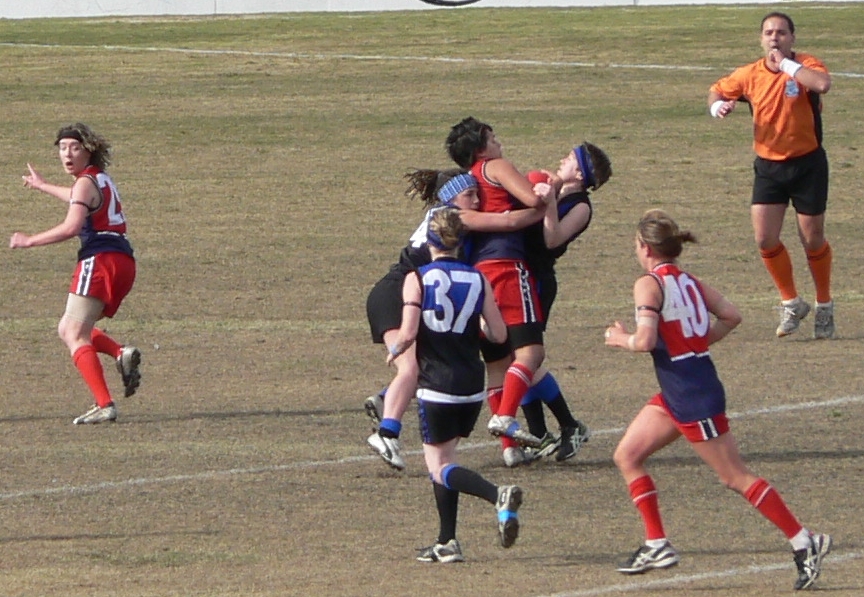Considering Canada’s fervent love of sports like hockey, lacrosse, and football, it should come as no shock that concussions in young athletes have long been an area of concern to Canadian parents. According to a study from York University and the Institute for Clinical Evaluation Sciences, an estimated 89,000 pediatric concussions were treated in Canada between 2003 and 2011. Daunting as that number may be, since 2011 the rate of concussion has jumped significantly, from 466 to 754 per 100,000 for boys and from 208 to 440 per 100,000 for girls.
In May 2013, Rowan Stringer, a 17-year old high school rugby player from Ottawa died several days after being knocked unconscious during a game. A coroner’s inquest into her death revealed that she had suffered two prior concussions in the previous week.
The loss had a predictably painful effect on her parents: “It’s almost impossible to describe losing a child,” said Rowan’s mother, Kathleen Stringer, at a recent news conference. “It’s a devastating, tragic loss and the grief journey, as I’m finding out, actually doesn’t really end, it just changes. I would never want another family to have to experience this again and I would be just devastated to find out that another child in Canada dies from second impact syndrome.”
More than two years after her death, new legislation aiming to protect young athletes was introduced November 24 in the Ontario legislature. Named “Rowan’s Law,” it has rare all-party support, having being introduced by Progressive Conservative MPP Lisa MacLeod and co-sponsored by Liberal MPP John Fraser and NDP MPP Catherine Fife. The legislation will be debated and most likely voted on two weeks from now, on December 10.
The new law, which follows the example of international concussion guidelines laid out in Switzerland, would establish an expert advisory panel which would work to implement the 49 recommendations made by the coroner’s inquest into Rowan’s death.
“Rowan’s Law could save lives,” said MacLeod. “I’m beyond humbled and somewhat emotional that members of all political parties have indicated their support.”
The recommendations, which would be implemented within a year, revolve around better awareness of and education on pediatric concussions. Athletes, coaches, and parents will receive better training to recognize and handle concussions, and concussion awareness will be taught in Ontario’s schools. The coroner’s recommendations also include guidelines for keeping athletes out of games if a concussion is suspected.
“Right now, in the curriculum, teachers do not have to discuss concussions at all,” lamented Ms. Stringer. “Imagine if Rowan had started school and every year she had learned about concussions; she had learned about the fact that if you play with a concussion, it can have terrible consequences. We need to have the youth and the adults – coaches and parents – educated, because if we’re confident that if Rowan had had the knowledge, she would have made a different choice.”
Ms. Fife, whose son has also suffered multiple concussions, echoed Ms. Stringer’s sentiments.
“The severity of concussions was not fully understood, and school boards did not have effective return-to-learn or return-to-play strategies,” she said. “We can’t control when people get concussions, necessarily, but we can control the protocol of how schools and families and athletic associations deal with the post-concussion.”
What impact Rowan’s Law has on the prevalence of youth concussions remains to be seen, but improving awareness and education is a vital step toward mitigating an injury that has plagued young Canadians for decades.






